I started off with Jo Nesbo's latest thriller, Knife. Nesbo is Norway's best crime writer, and most of his novels feature the on-again, off-again alcoholic detective, Harry Hole. He's back on the bottle in this one, but it doesn't stop him from tracking down, through Oslo's sordid underbelly, the notorious murderer and rapist Svein Finn. Great fun, with lots of splashing blood and Nordic noir.
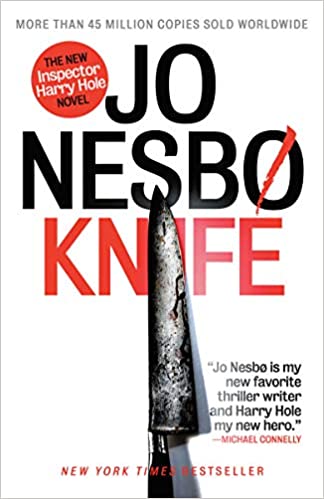
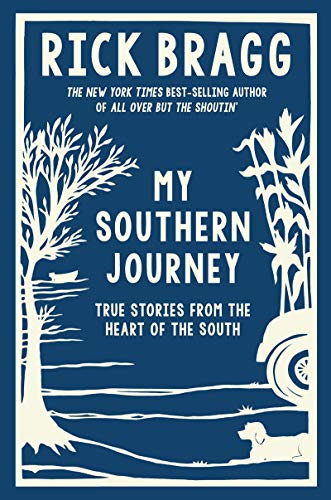
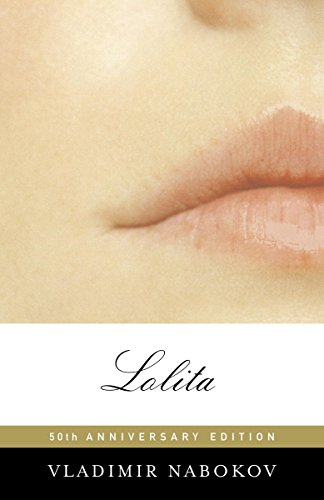
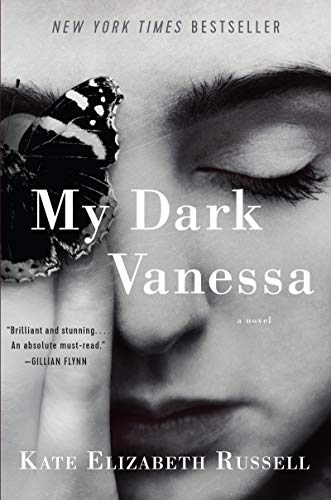
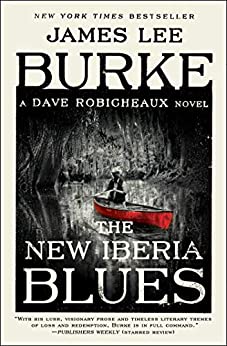
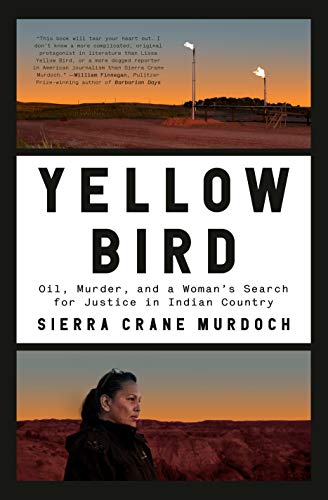
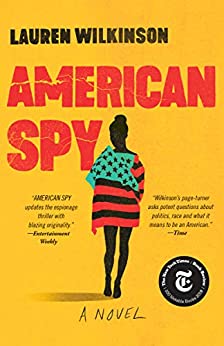
 RSS Feed
RSS Feed
